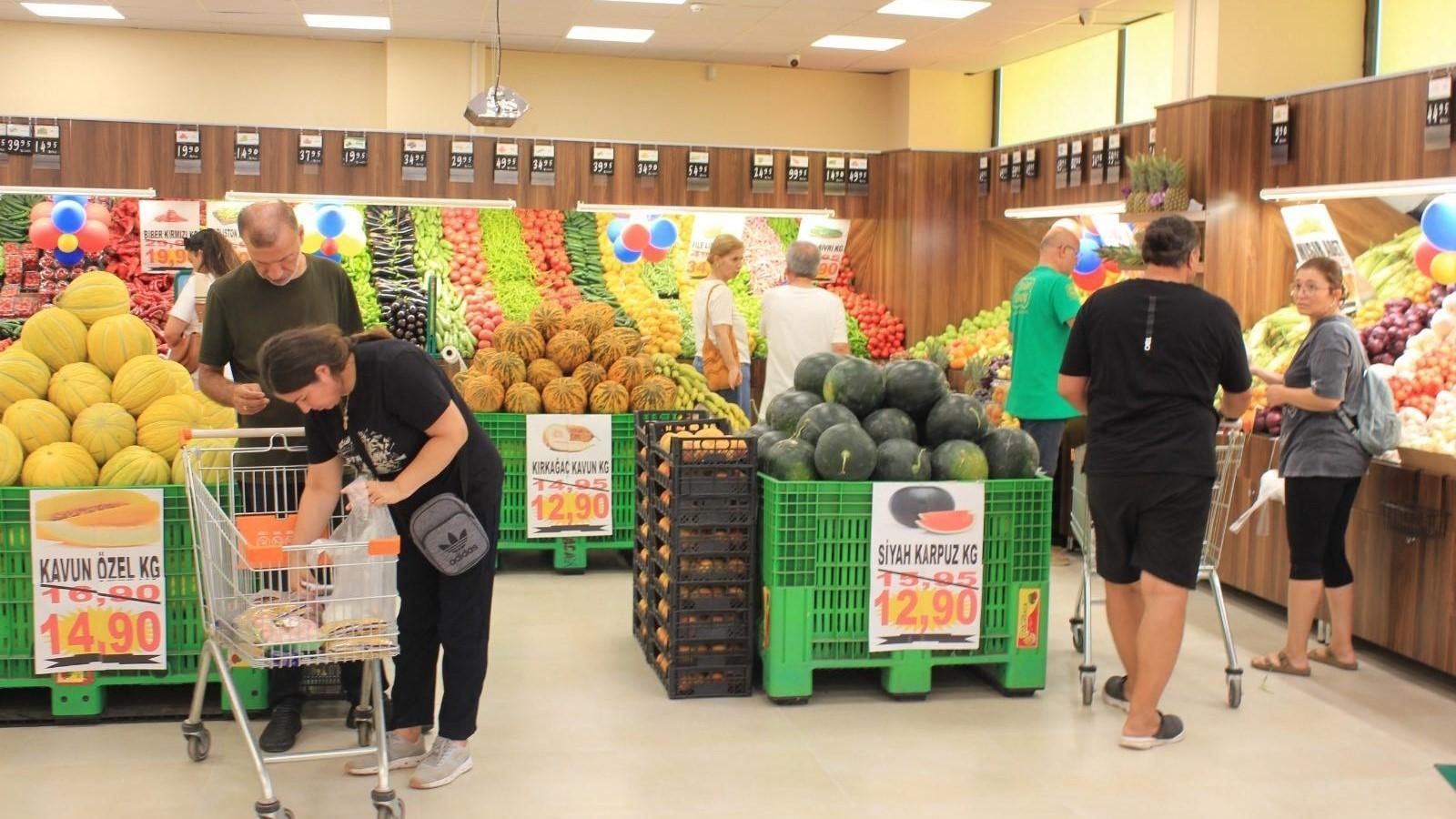
Türkiye is at risk of significant inflationary pressure through food prices driven by climate change, according to researchers at the country’s Central Bank.
Climate change has not only become a major threat to sustainability and food security but also to price stability, they warned.
The relationship between climate change and food prices is particularly critical for developing countries such as Türkiye, with respect to both household welfare and the overall inflation outlook, according to a research note published on the bank’s blog.
Türkiye, one of the world's leading producers of fruits and vegetables, is located in the Mediterranean, among the most vulnerable regions to climate change, they noted.
Extreme climate conditions causing short-term supply shocks constitute a risk to the general price level through the vulnerable food sector.
Climate change is expected to push global food costs up by an average of 1.5 to 1.8 percentage points each year until 2035, they said.
“Rising temperature together with decreasing precipitation put upward pressure on food prices through both declining agricultural yields and increasing production costs.”
The amount of fruit and vegetable production in Türkiye’s five main producer provinces — Mersin, Adana, Antalya, Hatay, and Muğla — reveals the adverse effect of severe droughts on fruit and vegetable production.
Hotter summers with less precipitation increase the need for irrigation and thus the amount of electricity used by farmers, while the falling supply and rising production costs due to rising temperatures and decreasing precipitation are reflected in the prices of fresh fruits and vegetables, they said.
Before 2020, fresh fruit and vegetable inflation used to make a negative contribution to monthly inflation in summer months on average, while this contribution was reversed after 2020, they noted.